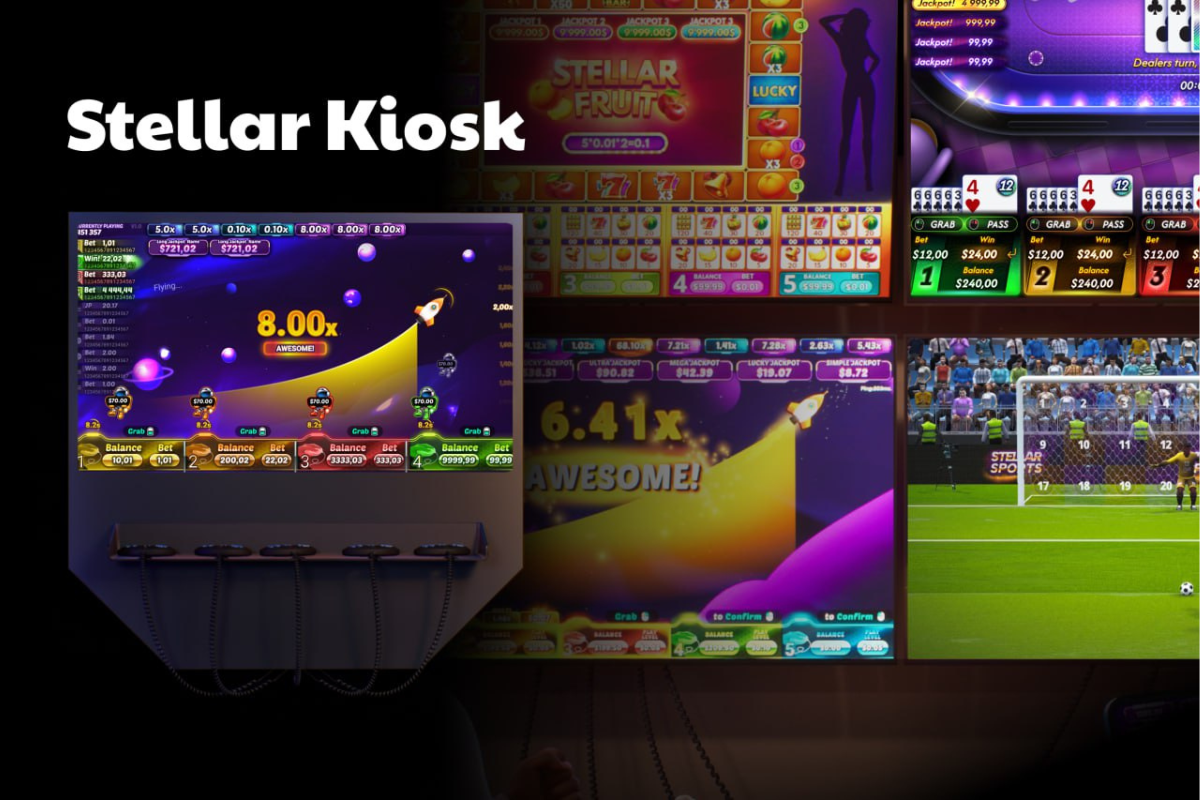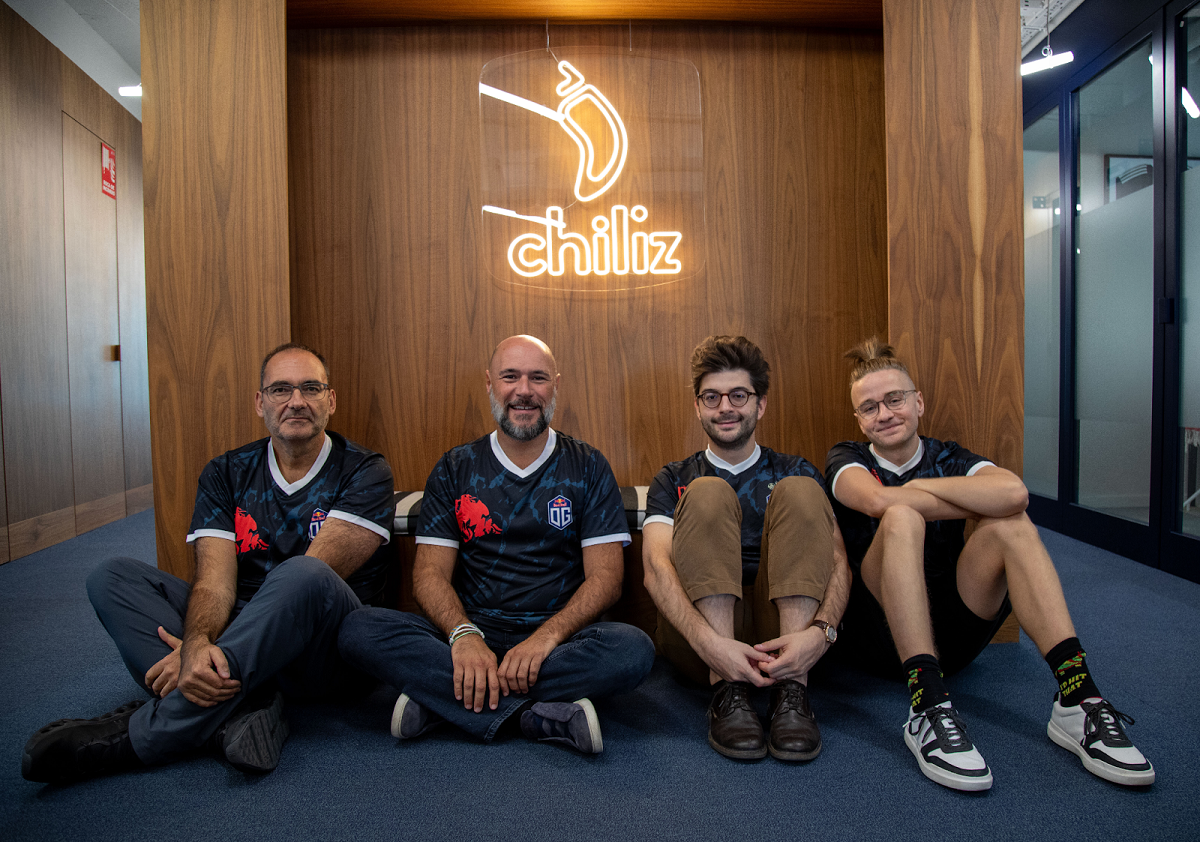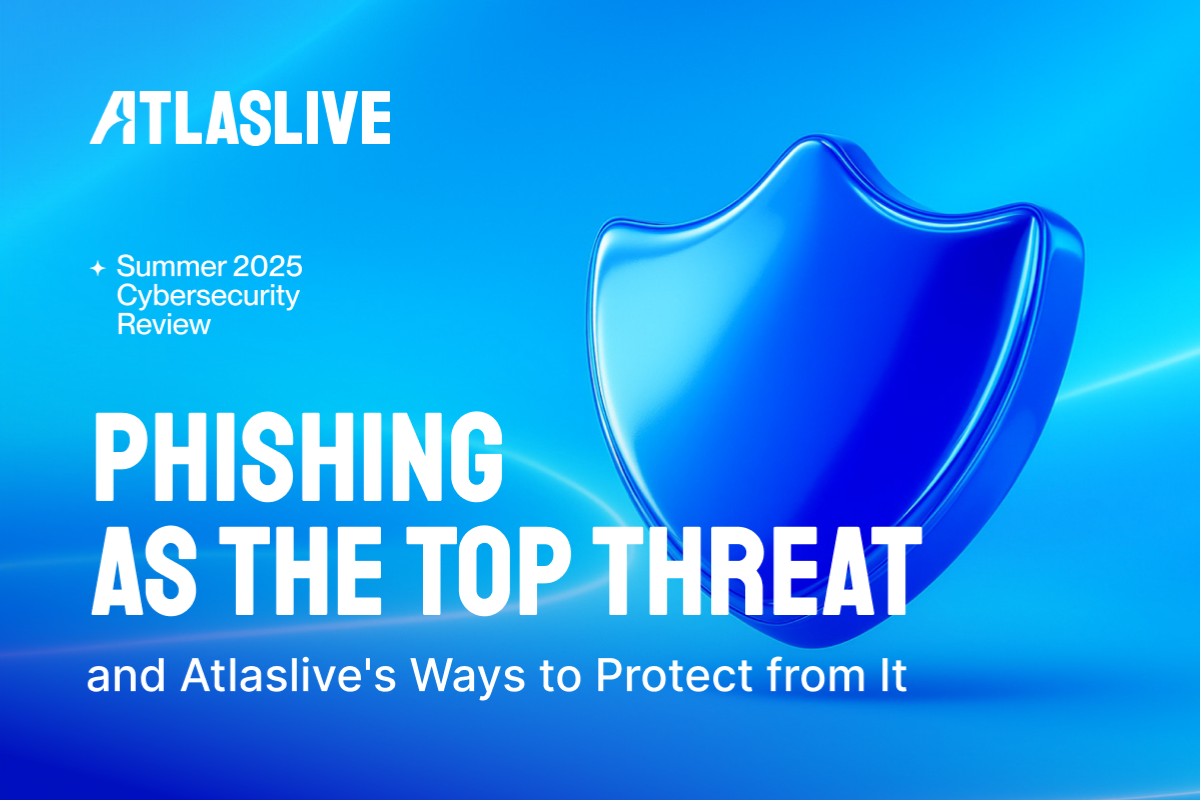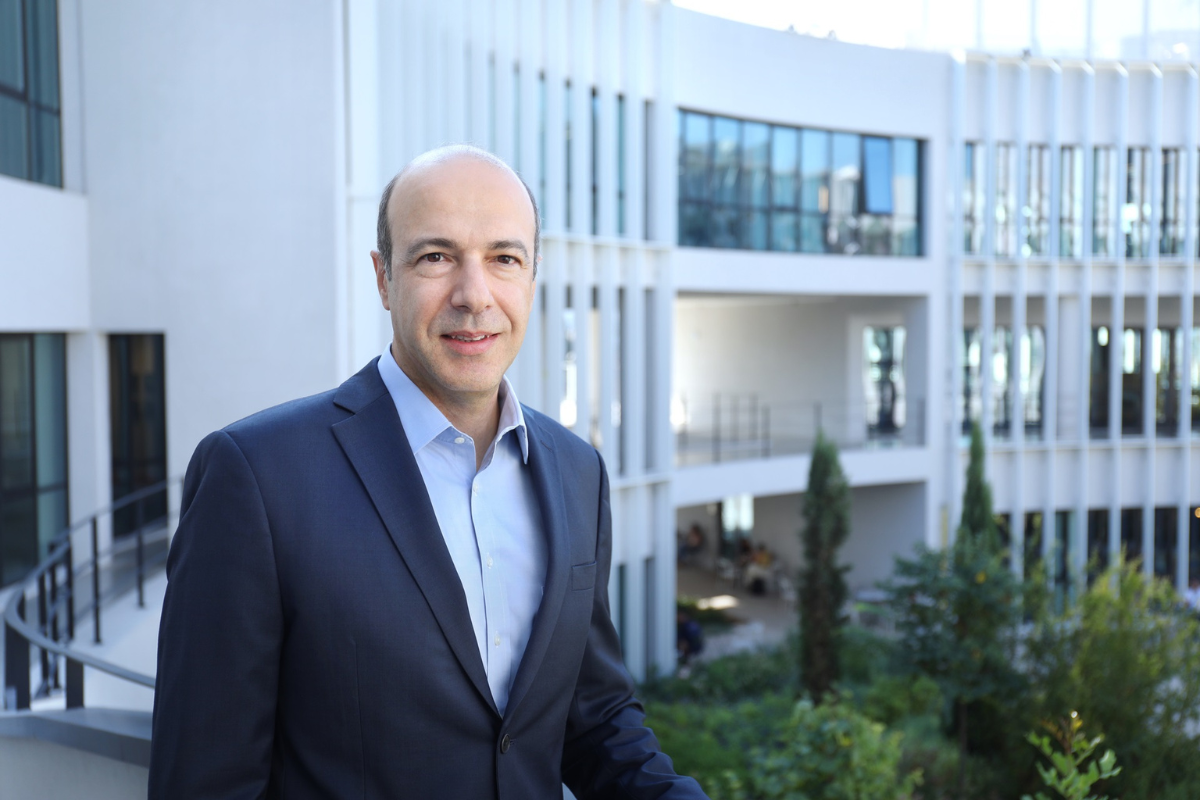Gaming
Exclusive Q&A w/ Colin Foran, CCO at Shrapnel
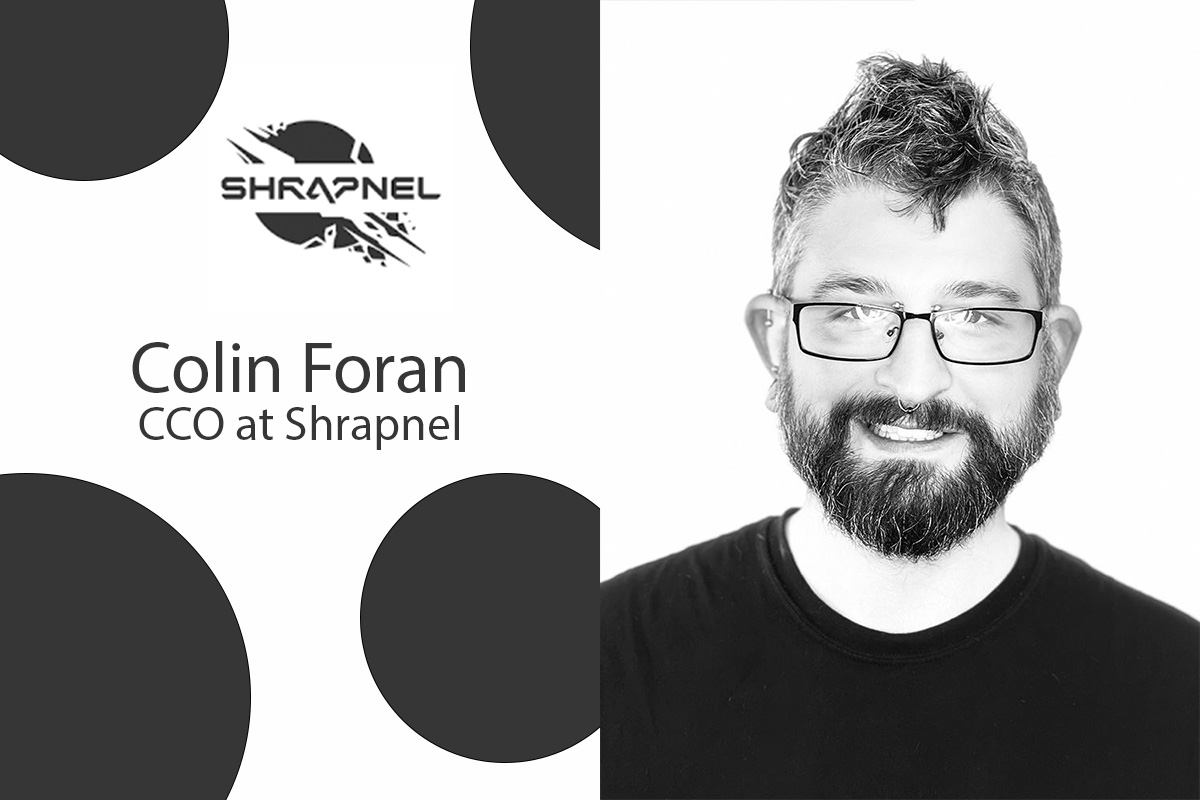
Colin Foran is CCO at Shrapnel. With 15 years of publishing experience in bringing rich narratives to platforms ranging from mobile, to indie, to AAA flagship products, Colin has worked on such titles as Ryse: Son of Rome, Sunset Overdrive, and the Emmy-winning Westworld VR: A Delos Experience. Prior to joining Shrapnel, he served as Creative Lead at HBO and as an Art Director at Microsoft.Â
With the evolution of the gaming landscape, why is merely creating a game no longer sufficient, and why is there a growing emphasis on building expansive universes and transmedia lore?
People have an overwhelming number of entertainment options competing for their time, and if they don’t feel like they have a world in which they can invest in and explore, you’ll never get them through the door. I think it’s worth saying that a transmedia approach isn’t necessary or ideal for every game – sometimes a simple and direct interaction with your audience is all you want or need. But studios that are striving for rich, long lasting stories should understand the strengths and weaknesses of different media and explore them where it makes sense.
At Shrapnel, we’ve been exploring comics, live action shorts, CGI pieces, and frankly anything that sounds interesting to us as a way to help explore our characters and world. Each medium conveys a story differently, and if you’re willing to take chances here and there, you can find yourself in interesting territory. One of the nice things about founding a studio is that there’s no one to tell you not to experiment with a narrative, which gets really exciting when you start inviting the community to contribute. Our hope and belief is that as the universe starts to solidify, our community will contribute to the lore just as much as we are at the studio.
Tell us more about Shrapnel’s journey in curating a unique transmedia brand. How have initiatives like comic book releases and the award-winning trailer contributed to the anticipation surrounding the game?
The benefits for the studio have been huge both from a public facing perspective, and in helping us tighten up our thinking internally. We’ve built out our universe very quickly, and the ability to interrogate story ideas in our comics or make bold visual statements with the trailer has helped to ensure a common vision in the studio.
When we first started to define the world in pre-production, we had a general set of themes we wanted to explore and went through the usual exercises you’d see at the beginning of a new title, such as mood boards and concept art. Our CEO, Mark Long, had had a lot of success in the past working with comics and shorts as a way to cover ground quickly, and he encouraged the team to get comfortable committing ideas to paper.
At the same time, we were starting work on our first live action piece, Solitarius Lupus. It can definitely feel anxious to start spending money before the story is entirely buttoned up, but my request to the team at the time was to ensure we were telling stories that could exist in this world. They didn’t have to be the stories – those would change over time and continuously over the development of the game. But once you get over the initial shock of starting the work, it’s an exciting process. Later, we started work on our official CGI trailer; that development was very much informed by what we thought worked and what didn’t in the earlier pieces.
Shrapnel is being developed by an esteemed team with accolades like BAFTA and Emmy awards. How do you believe this expertise and experience in areas like virtual production and transmedia storytelling have influenced the game’s development?
A common trait across the members of our team is an affinity for weird, complicated projects that merge new technologies and storytelling. After you get a few of those under your belt, you start to build up strategies and processes that can break intractable problems into manageable production beats. With a project as large and complicated as Shrapnel, that sort of perspective is essential.
Any game that successfully ships is a miracle, and every production is a collection of a thousand daily successes and failures. Our team members that worked at Infinity Ward, or Irrational, or even HBO all had to navigate unique production constraints, personalities and politics to produce something they were proud of. Now we’re going one step further and mashing up those techniques and perspectives into a new studio that hopefully builds on lessons learned in past gigs.
One standout feature of Shrapnel is the empowerment it offers players in terms of modding, shaping, and owning their creations. Can you delve deeper into how you envision this impacting the overall gaming experience for players?
Our hope is that user generated content becomes the core of the Shrapnel experience. We look at our role as providing exemplar content – such as artwork and specific mechanics – and seeing what the community can do with it. But our perspective is that the tech is only part of the equation; there’s an enormous amount of community engagement and active mentorship that we want to provide to gamers to help expand their skill set and make the most of what we’re making available.
We’re hoping we’ve got the timing right: we’re creating a universe for gamers that have grown up with UGC in games such as Roblox, Minecraft, and Forge, but don’t really have a next lilypad to jump to as their tastes naturally gravitate towards more sophisticated or mature experiences. This is also happening at a time when a lot of the sharper edges have been shaved off of historically complex content creation tools, and people’s familiarity with online worlds has become super sophisticated. We’re developing with Unreal Engine 5, and the idea that our users might have their own casual knowledge of engine software like that would have been totally insane like 10 years ago.
Community engagement seems to be a pivotal element in Shrapnel’s development, with the community actively driving gameplay decisions. How has this involvement shaped the game’s universe, and can you share some notable instances where it led to significant in-game enhancements?
The quality of the feedback we get from our community blows my mind – we consistently get thoughtful questions or ideas that surprise the devs and get them thinking about new directions we can take the story or tech. Going back to transmedia, the comic series and Operator campaign introduced the world of Shrapnel to a huge audience, and they immediately started telling their own stories with their own Operator characters. And on the UGC side of the house, user feedback is constantly being integrated. At this point our roadmap is almost entirely driven by user feature requests.
In the early days, I was worried that community input would be at odds with our natural desire for creative control, but I think that’s just a holdover from our days in traditional publishing. After a while you start to realize that in the AAA space you don’t necessarily do things because they’re correct, you do them because any process that gets a game out the door is better than the alternative. That sometimes confrontational relationship between gamers and the people making their games strikes me as one of the worst examples.
Every hook that we’ve given the community into the world – whether it’s voting on which levels enter preproduction or competitions around world lore – has been met with a ton of enthusiasm and good will. I’m really excited for the game to go live so we can open up even more of the game to people.
The trailer of Shrapnel, created with Unreal Engine 5 and in collaboration with renowned names like Plastic Wax and Jerry O’Flaherty, has set high expectations. What can fans anticipate in terms of gameplay and graphics, especially with the upcoming release of the never-before-seen footage on Shrapnel’s Twitter?
The idea behind using Unreal 5 to render the trailer was to give people a 1:1 vision for what we want the game to feel like. Our Early Access level will take place in the same environment, and players can expect to see familiar faces when the build becomes available. Things are going to change over the course of development, but I’m really proud of how closely we’re sticking to the beats that we’ve telegraphed out to our community. It really does feel like we’ve been building this thing alongside people online, and we’re super excited to get those first early playables into peoples hands. In the meantime, check out the trailer or hang out in the Discord!
-

 Asia5 days ago
Asia5 days agoDigital gaming disruption tackled in 1st AsPac Regulators’ Forum
-

 Africa6 days ago
Africa6 days agoKiron announces the launch of its new virtual football title, Turbo League, with SportPesa in Kenya and Tanzania
-
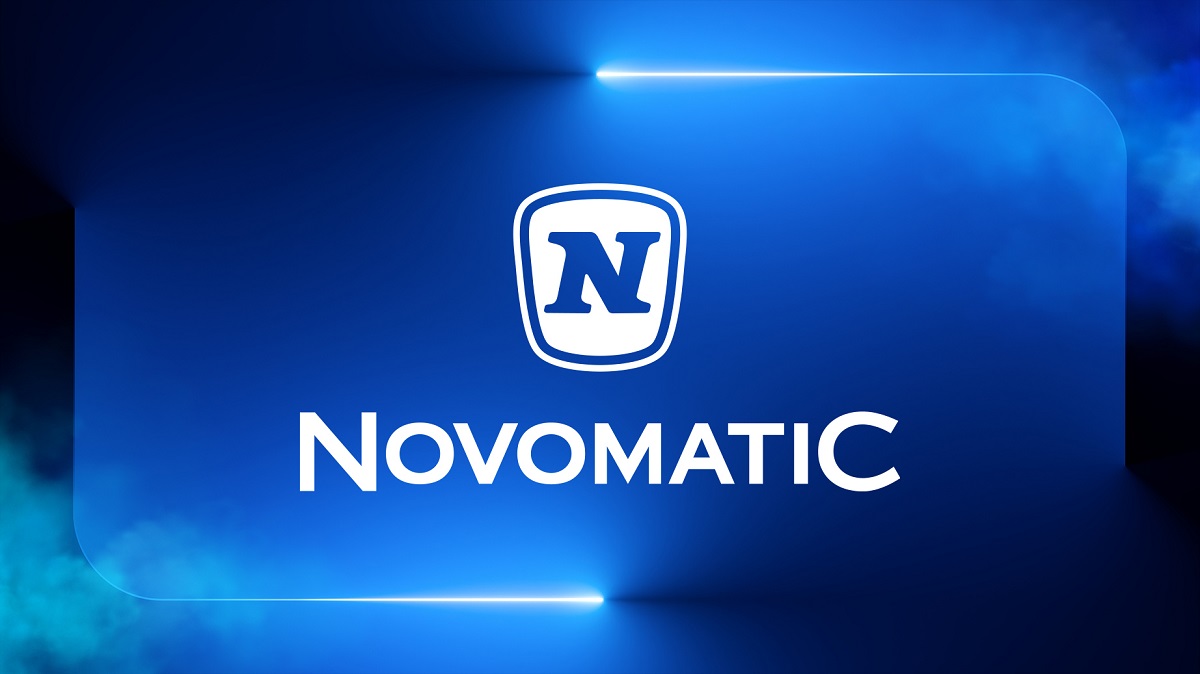
 Aquisitions/Mergers6 days ago
Aquisitions/Mergers6 days agoNOVOMATIC successfully completes sale of ADMIRAL Austria to Tipico and focuses on international growth markets
-

 Compliance Updates6 days ago
Compliance Updates6 days agoSOFTSWISS Releases Gambling Regulation Directory for iGaming Operators
-

 Compliance Updates6 days ago
Compliance Updates6 days agoAlternative Dispute Resolution (ADR) Role and Certification
-

 Asia6 days ago
Asia6 days agoiRace Media extends partnership with The Hong Kong Jockey Club in Asia
-

 Central Europe6 days ago
Central Europe6 days agoSYNOT Games Delivers Bespoke Games Exclusively for SazkaHry.sk in the Slovak Market
-
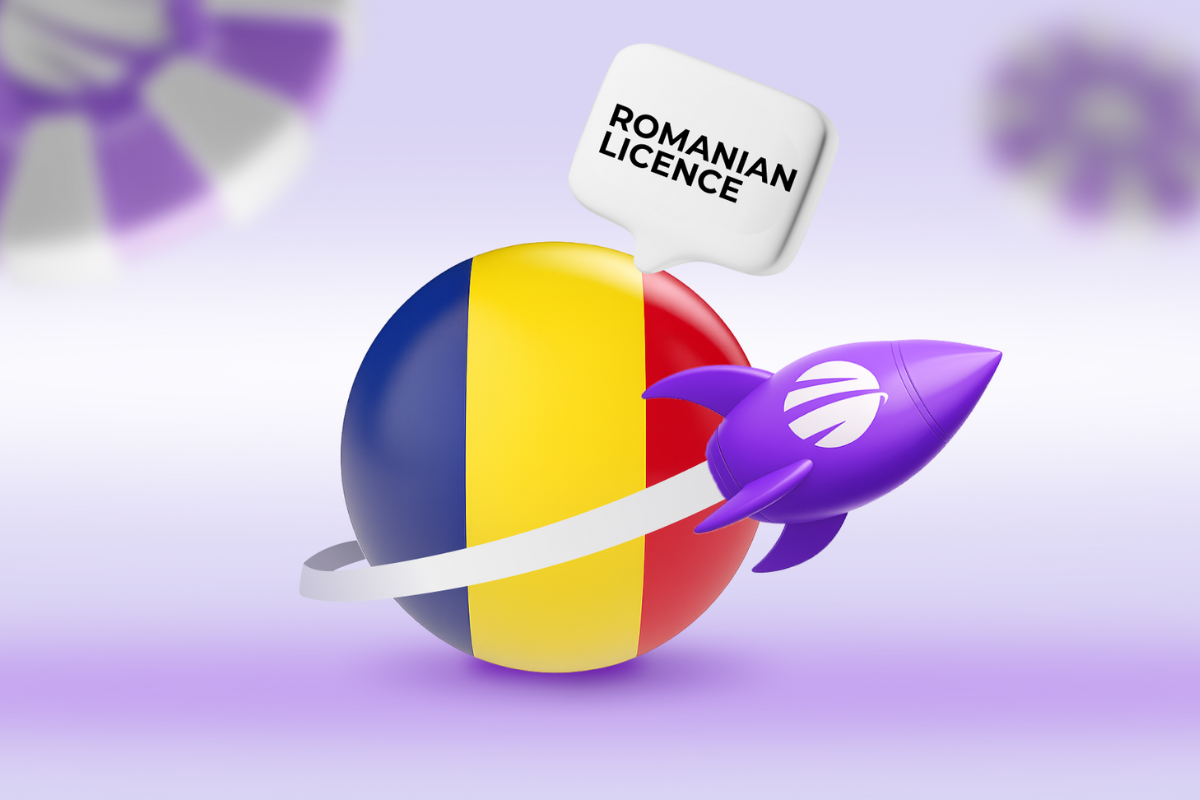
 Latest News7 days ago
Latest News7 days agoNuxGame Secures Romanian B2B Gambling License as a Strategic Milestone in European Expansion









